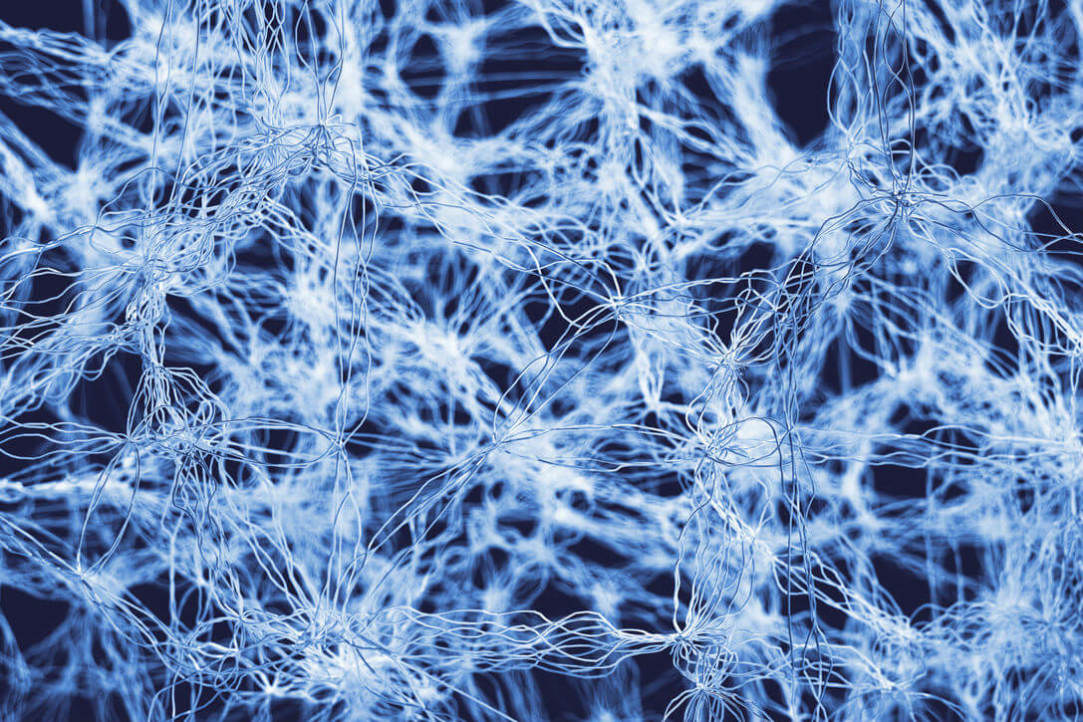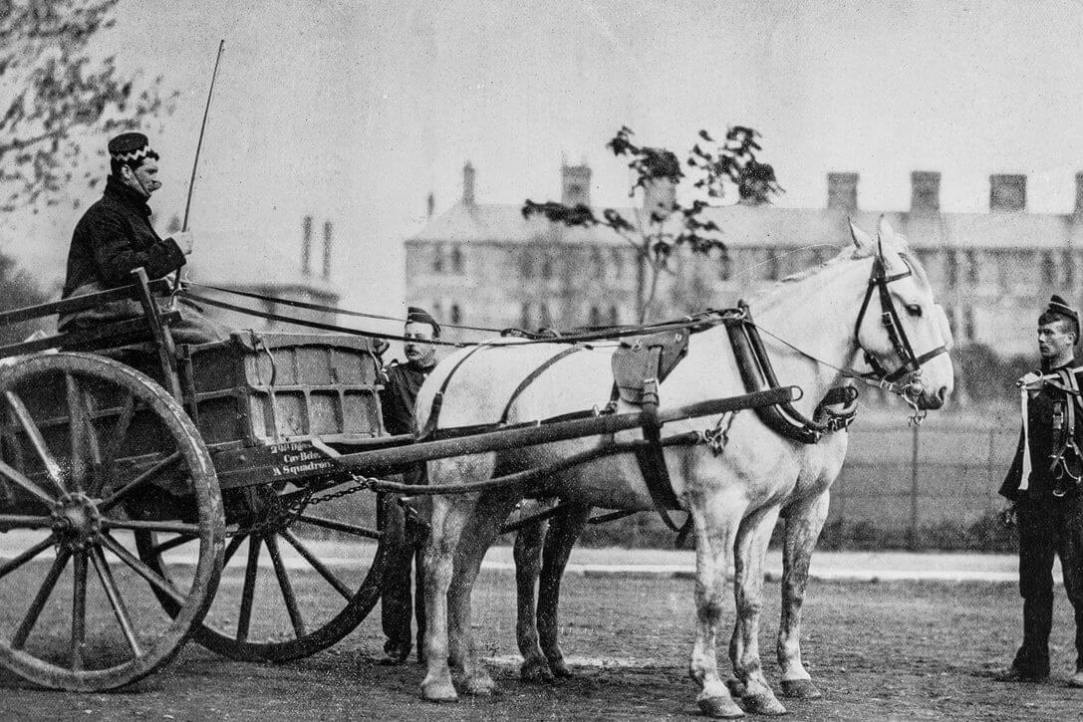HSE St Petersburg and the State Hermitage Museum Sign a Cooperation Agreement
On December 18, Sergey Kadochnikov, Director of HSE University – St Petersburg, and Georgy Vilinbakhov, Deputy General Director of the State Hermitage Museum, signed an agreement on cooperation between the university and the museum in the education and research.

Study Finds GABA Cells Help Fight Alcoholism
Scientists of the Higher School of Economics, Indiana University, and École normale supérieure clarified how alcohol influences the dopamine and inhibitory cells in the midbrain that are involved in the reward system and the formation of dependency on addictive drugs. The results of the study were published in the article ‘Dynamical ventral tegmental area circuit mechanisms of alcohol-dependent dopamine release’.
Post-Doctoral Fellow Discusses Research on Soviet-Era Citizenship and Language Policy
Dr Anna Whittington is currently a Research Fellow at The International Centre for the History and Sociology of World War II and Its Consequences through the end of August 2019. She recently spoke with the HSE News Service about her work on changes in Soviet-era language policy, her thoughts on life in Moscow and how the city has changed, and much more.

In a Galaxy Far, Far Away
Natalia Lyskova is spending her 2nd year as a postdoc at HSE Faculty of Physics working in a Joint Department of Space Physics with the Space Research Institute at the Russian Academy of Sciences. The HSE Look talked to her about the ongoing research and upcoming plans.
'Worldwide Conversation on Women’s Higher Education and Equality in the Workplace'
On November 26, the HSE Faculty of Computer Science held the ‘IT Girls Night’ for the fifth time. This year the event was organized within the University of London’s campaign ‘Worldwide Conversation on Women’s Higher Education and Equality in the Workplace’. This campaign celebrates 150 years since the University of London opened up its ‘Special Examinations for Women’, the first university-level examinations offered for women in the UK. Ten years later, this step led to the University of London becoming the first institution of higher education in the UK to open up full degrees for women.

Researchers Investigate Why Older People Read More Slowly
One of the most obvious changes that comes with ageing is that people start doing things more slowly. Numerous studies have shown that ageing also affects language processing. Even neurologically healthy people speak, retrieve words and read more slowly as they get older. But is this slowdown inevitable? Researchers from the Higher School of Economics have been working to answer this question in their article ‘No evidence for strategic nature of age-related slowing in sentence processing’.

Post-urban Development: Why Contemporary Megacities Have Lost City Features
A contemporary city expands; it is stitched together with communications, but lacks integrity. Districts, urban communities and practices are so heterogeneous, that they often don’t interact with each other. A united space is split into fragments. Communication is replaced with alienation. Dmitry Zamyatin, geographer and researcher of culture, chief research fellow at the HSE Graduate School of Urbanism, called this phenomenon a ‘post-city’. The scholar spoke to IQ.HSE about this issue.
Innovation Supercluster to Appear in Moscow
Russian President Vladimir Putin signed Decree No. 672 on November 26 'On the creation of an innovation cluster in Moscow,' thus putting in motion an initiative of Moscow Mayor Sergei Sobyanin that the Higher School of Economics had played an active role in developing. Throughout the past year, HSE specialists studied the best practices of the world’s innovative megacities, worked with the Moscow government to hold a series of expert discussions on the principles of forming an innovation supercluster, and developed a draft concept establishing guidelines for interactions between potential cluster participants. Over time, the planned supercluster has the potential to embrace Moscow’s entire advanced-technology economy.
Fuad Aleskerov Elected to Academia Europaea
Tenured HSE Professor Fuad Aleskerov, who is the head of the Faculty of Economic Sciences’ Department of Mathematics, has become a member of the Informatics section of the Academia Europaea.

On Autopilot: How Self-driving Vehicles Fit into the Legal Landscape
IQ.HSE continues its series of HSE* expert reports on the legal regulation of new technologies. The first article in the series dealt with artificial intelligence. Today’s article looks at self-driving vehicles.


Deadline for submitting applications - September 5, 2025